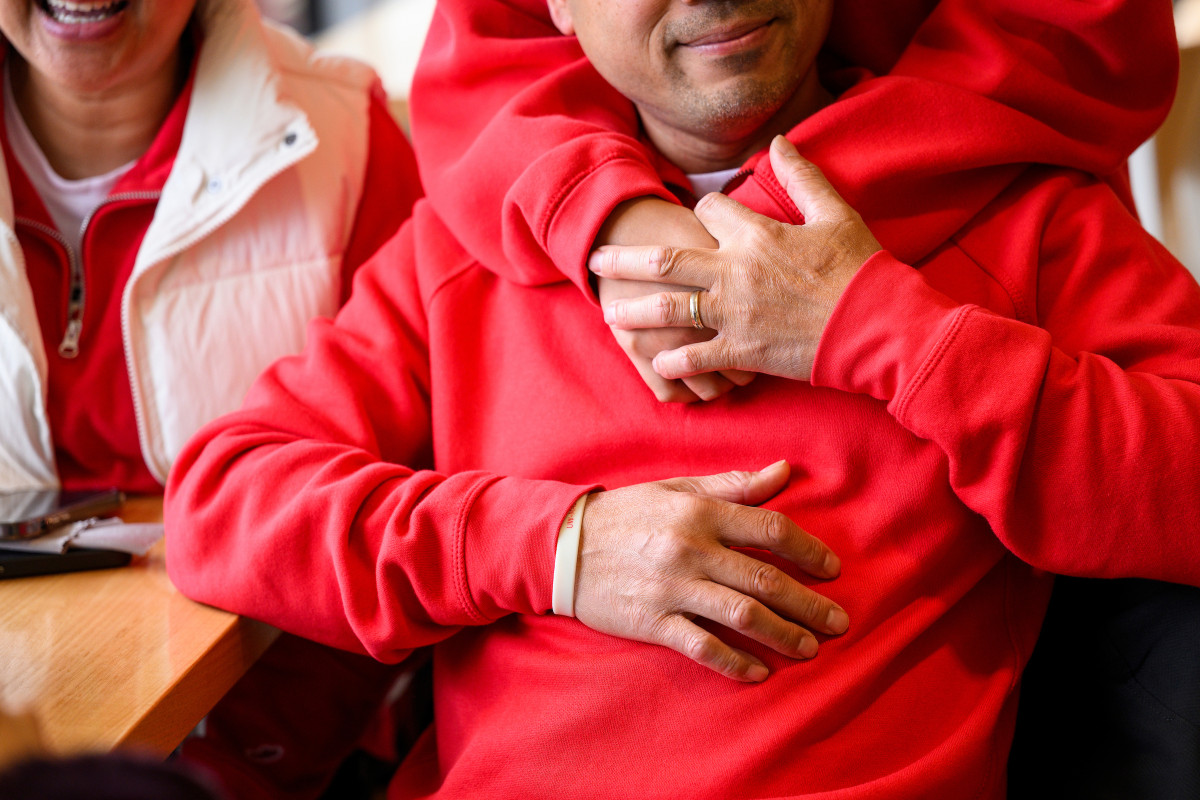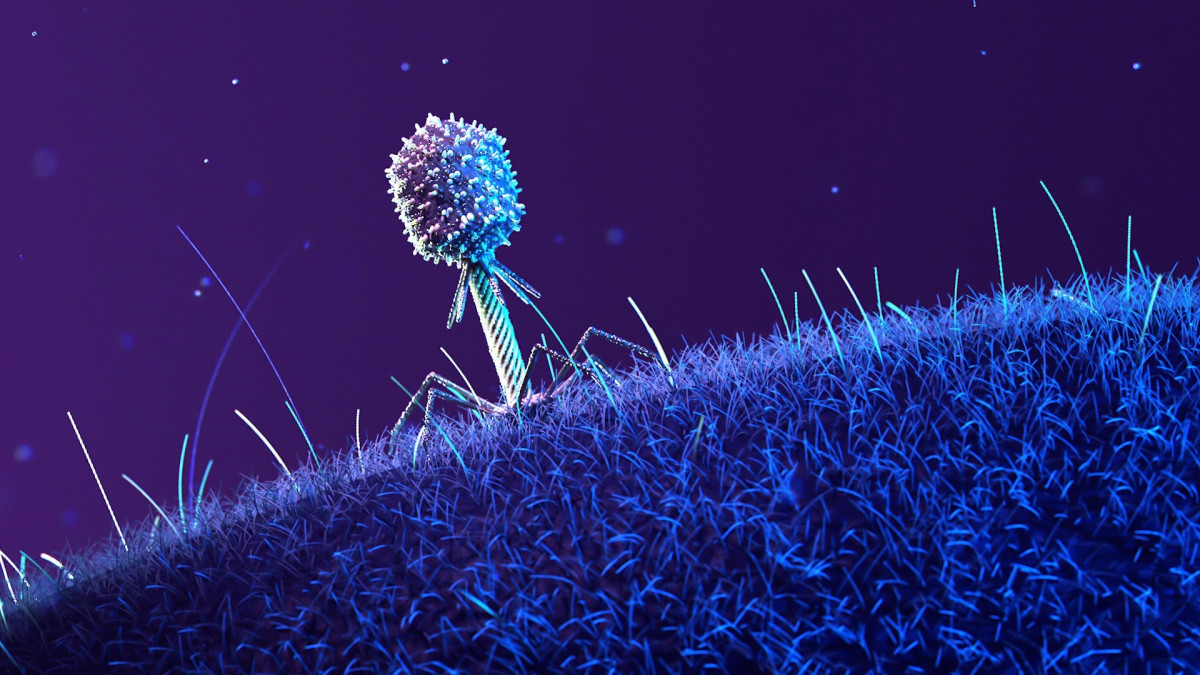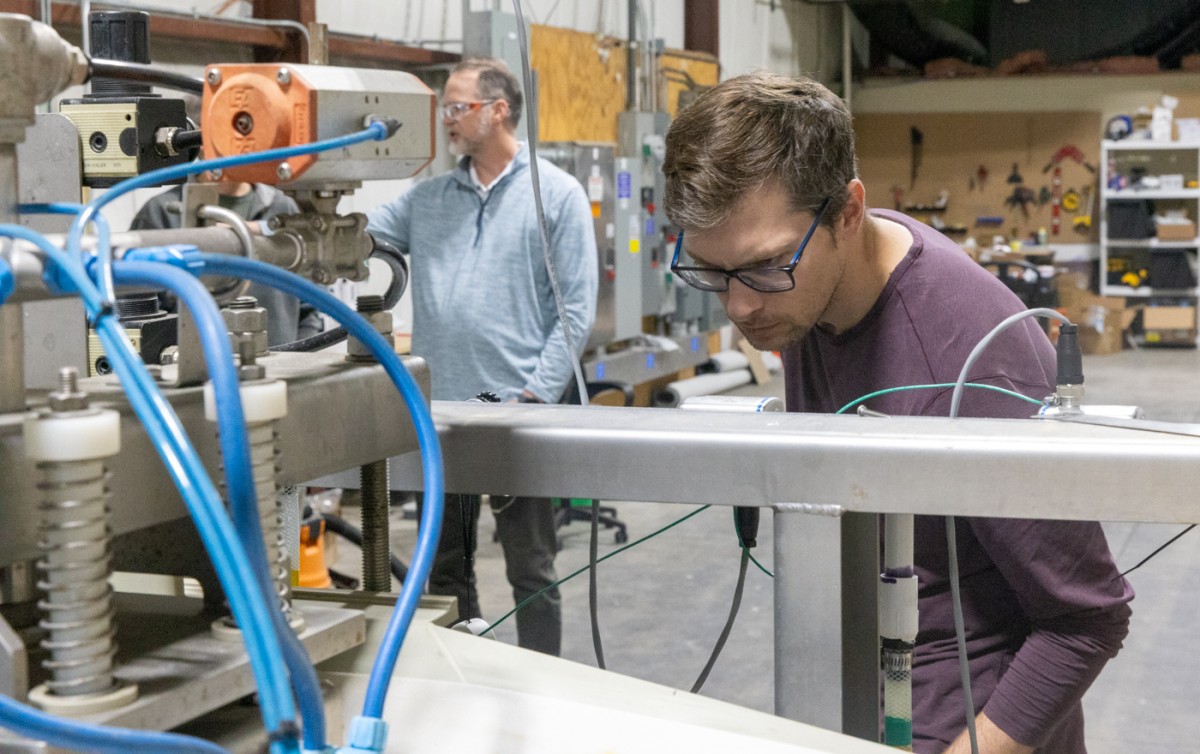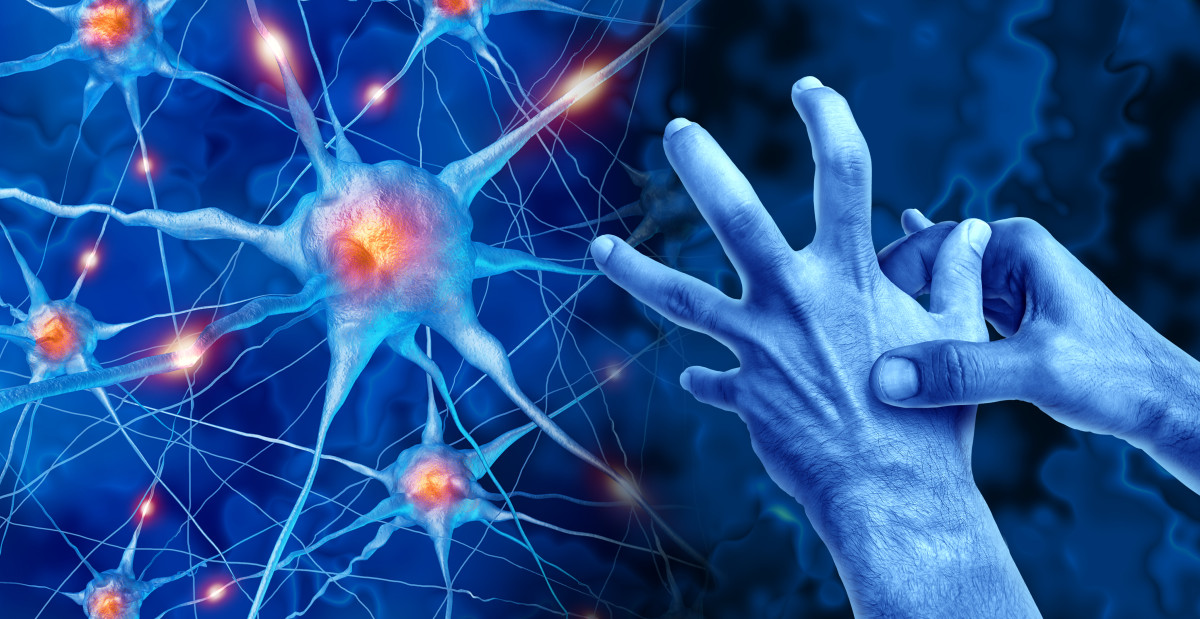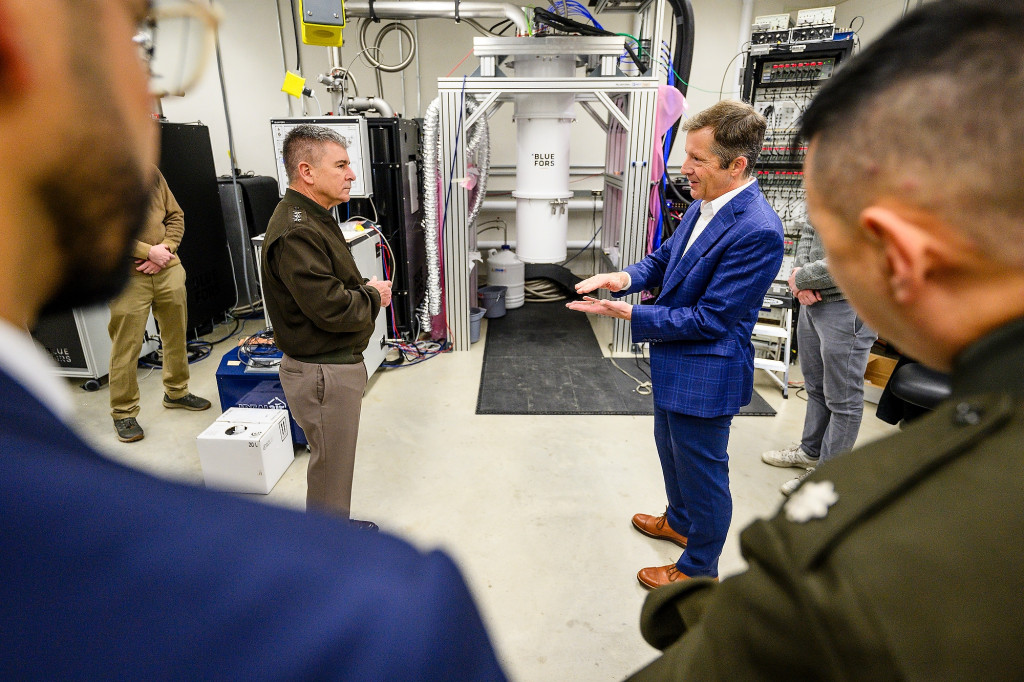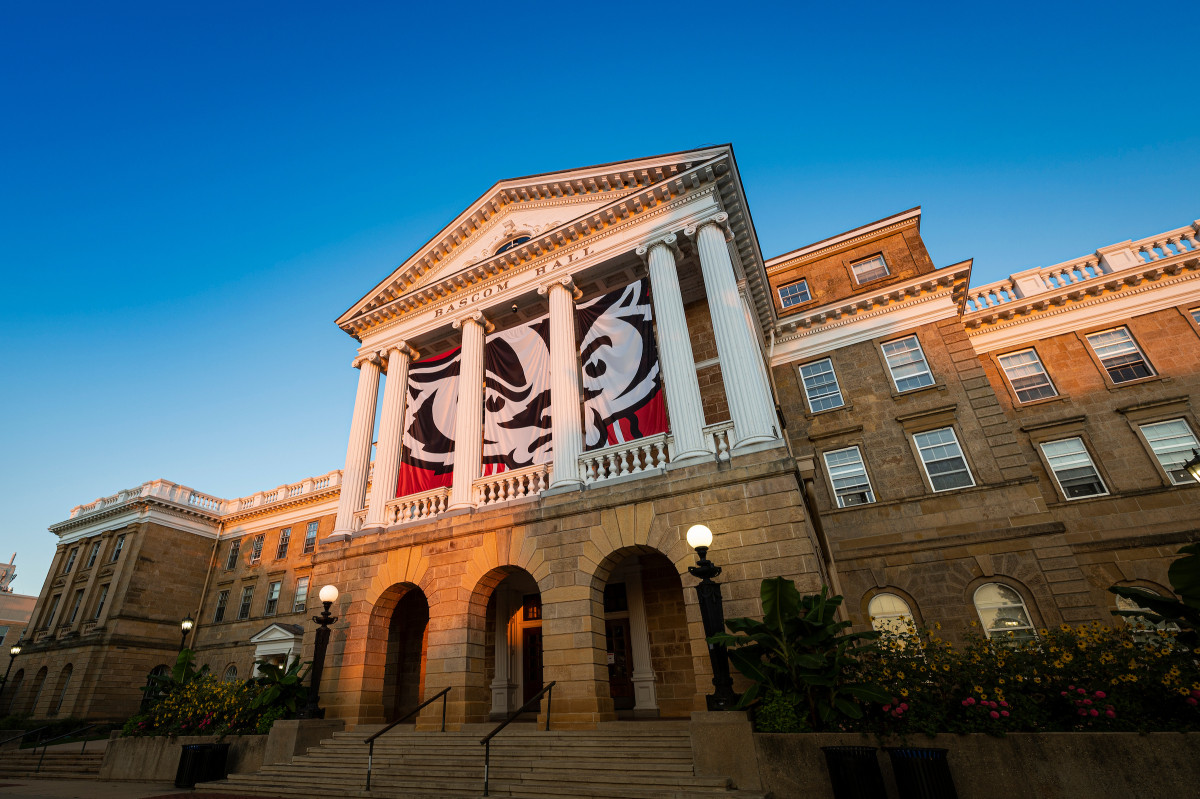Archives
-
Tracking Emerging Contaminants in the Greater Milwaukee Estuary
A unique research collaboration is providing students at all levels with interdisciplinary hands-on training in a critical field: analyzing how emerging contaminants affect a major urban waterway. Inna Popova, an assistant professor of soil chemistry, environmental toxicology and contaminants at UW-Madison, and Laodong Guo, professor of aquatic biogeochemistry at UW-Milwaukee, are studying the pollution history […]
-
The gift of gratitude
UW research scientist and meditation teacher Cortland Dahl explains what’s so great about gratitude, no matter the time of year. After the season of Black Fridays, Cyber Mondays, and a constant bombardment of sentimental commercials pulling at our heart and purse strings, there’s one more gift to consider—gratitude. The price is right. No need for a receipt. And even […]
-
Microbes mutated in space hint at biomedical benefits to humans on Earth
Researchers are interested in studying effects on the gut microbiome and antibiotic-resistant infections In September 2020, UW–Madison biochemists launched a small box containing viruses and bacteria into space to investigate the ways microbes such as those residing in our guts respond to space conditions. Now, the bacteria and phages (viruses that infect bacteria) have returned to Madison […]
-
UW-Madison named a top institution for developing future leaders
The university ranks sixth nationally among publics in producing influential figures, according to an analysis by Time magazine. The University of Wisconsin–Madison was ranked 22nd overall and 6th among publics in Time magazine’s 2026 Best Colleges for Future Leaders report. To create the rankings, Time partnered with Statista to analyze a sample of 4,800 of the most influential figures shaping U.S. society today — from […]
-
This UW-Madison spinoff is making environmentally friendly cement. The secret ingredient is pollution.
Alithic combines carbon dioxide, coal ash to make cheaper, stronger building material Taken individually, coal ash and excess carbon dioxide are harmful pollutants. Combined in just the right way, they form a durable, inexpensive, and environmentally friendly building material. University of Wisconsin–Madison spinoff Alithic is leveraging this unique formula to turn waste streams from liabilities into profits, […]
-
BenthicNet: How an Aquatic Insect Project Is Revitalizing Biomonitoring in Wisconsin
Andrew Malacara raves about “Bug Camp,” the informal name for training workshops that are part of a new project funded by the Freshwater Collaborative of Wisconsin. Malacara is one of six students from UW-Parkside, UW-Stevens Point and UW-Madison who are participating in BenthicNet. The training program includes experts from the three universities as well as […]
-
Parkinson’s treatment tested at UW-Madison showing promise in first clinical trial
Parkinson’s patients are receiving a new investigational treatment after a successful study at the University of Wisconsin–Madison helped demonstrate the cell therapy’s safety in non-human primates and refine the method for its delivery. Now, the biotechnology company running the trial is reporting encouraging results. Aspen Neuroscience recently announced they would enroll a third group of patients […]
-
UW fostering closer research ties with federal defense, cybersecurity agencies
Traumatic brain injuries can be debilitating and sometimes culminate in permanent disability. While many people who experience a TBI are simply the victims of an unlucky accident, certain careers carry an outsize risk for brain injuries. Many of these risky jobs are in the military, and that’s why the United States Department of Defense has […]
-
With milk testing and new tools, UW-Madison scientists are helping prevent bird flu outbreaks in Wisconsin and beyond
On a recent Thursday morning, Becky was hard at work at the University of Wisconsin–Madison’s Wisconsin Veterinary Diagnostic Laboratory (WVDL). A few test tubes at a time, hundreds of milk samples were carefully poured, measured and prepared for testing. Becky doesn’t wear a typical lab coat or safety glasses. Why? Because Becky is a Biomek […]
-
Bucky’s Tuition Promise boosts retention rate for lower-income students, long-term study finds
A flagship financial aid program at the University of Wisconsin–Madison that provides generous support to in-state students from low- to moderate-income families increases student retention by several percentage points, according to new research. The study, published this month in the Peabody Journal of Education, is the first to assess the long-term outcomes of Bucky’s Tuition Promise, which […]

